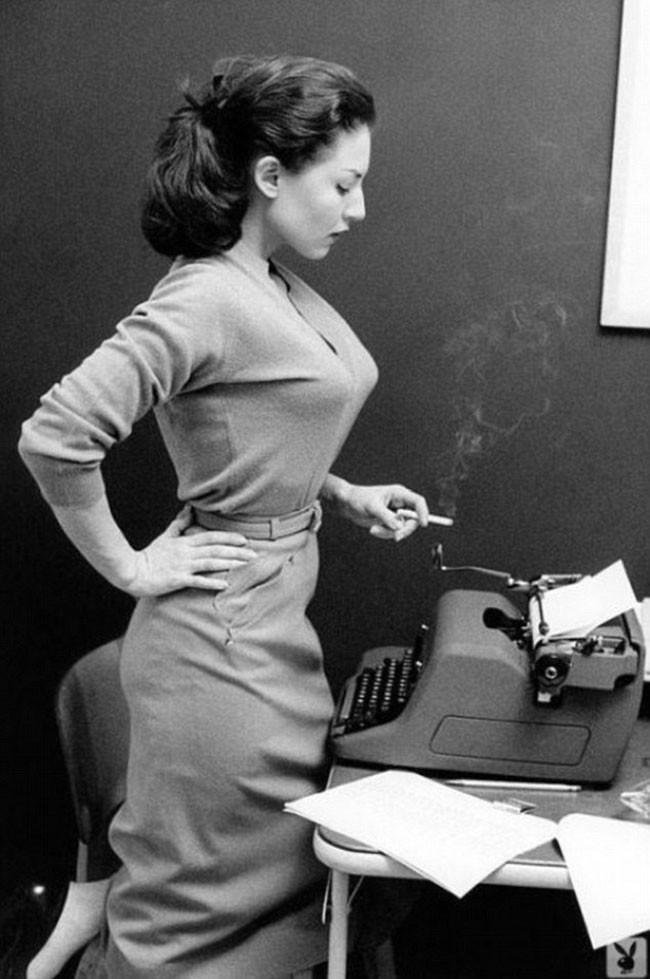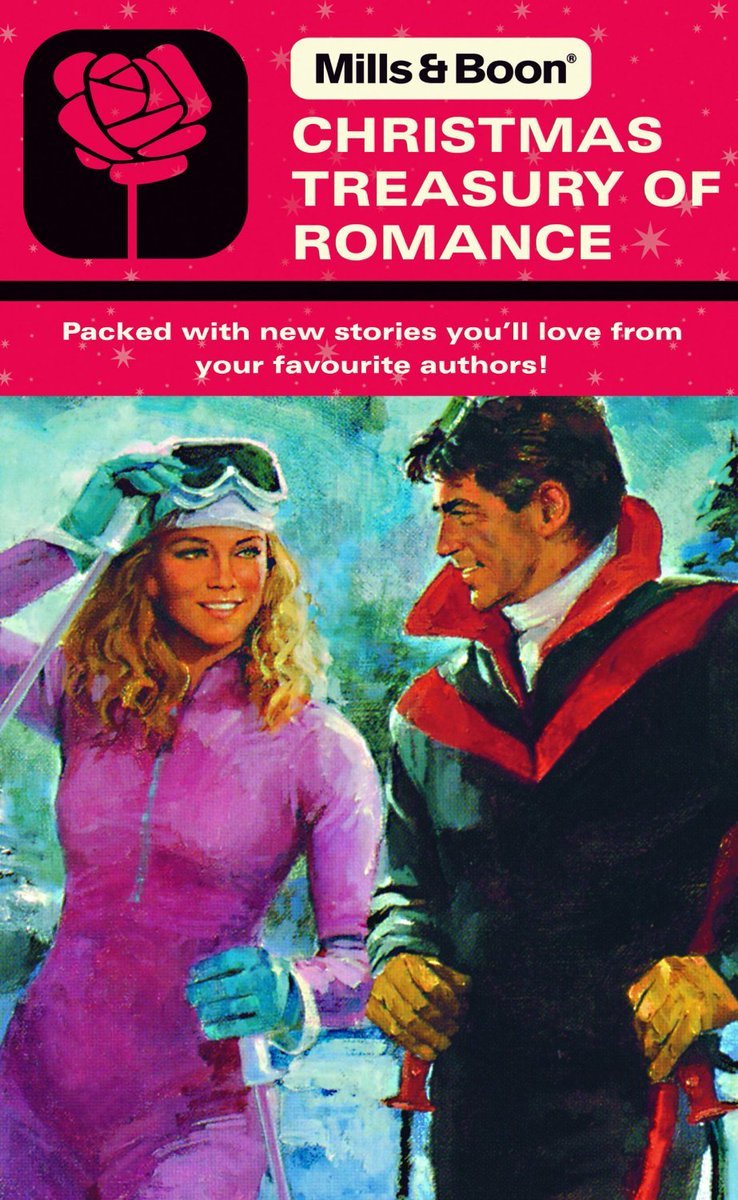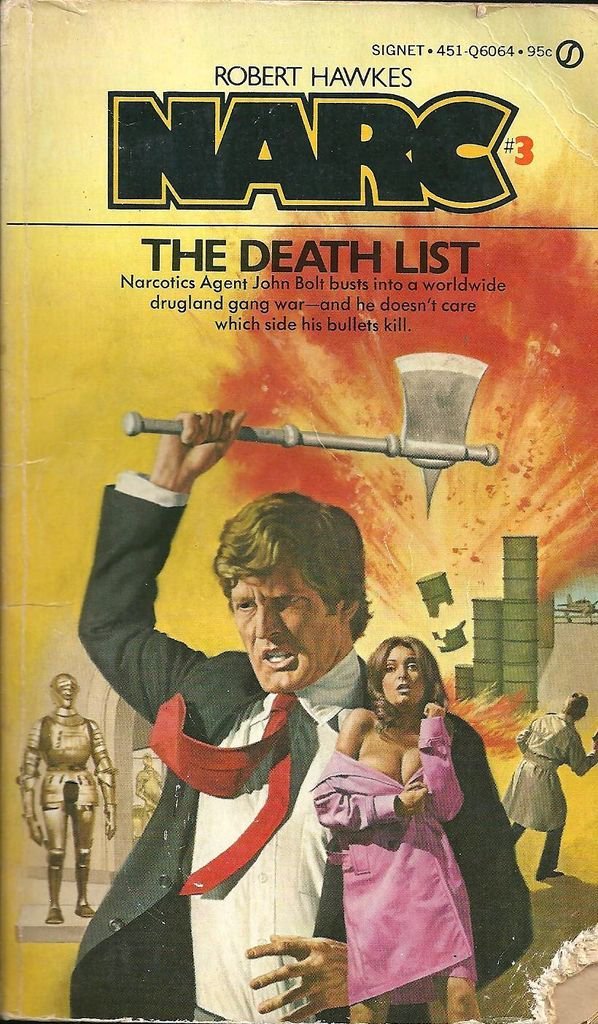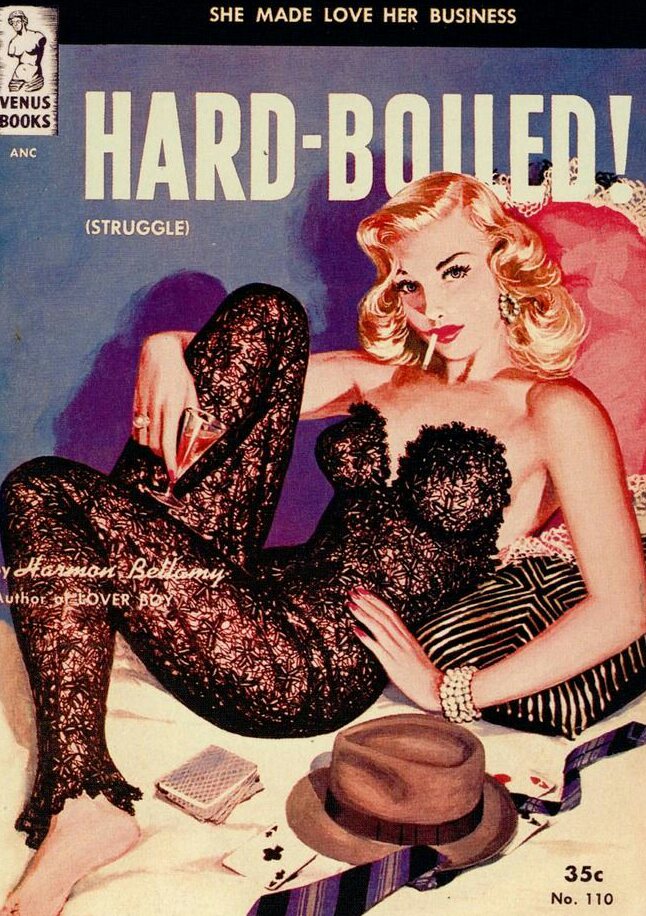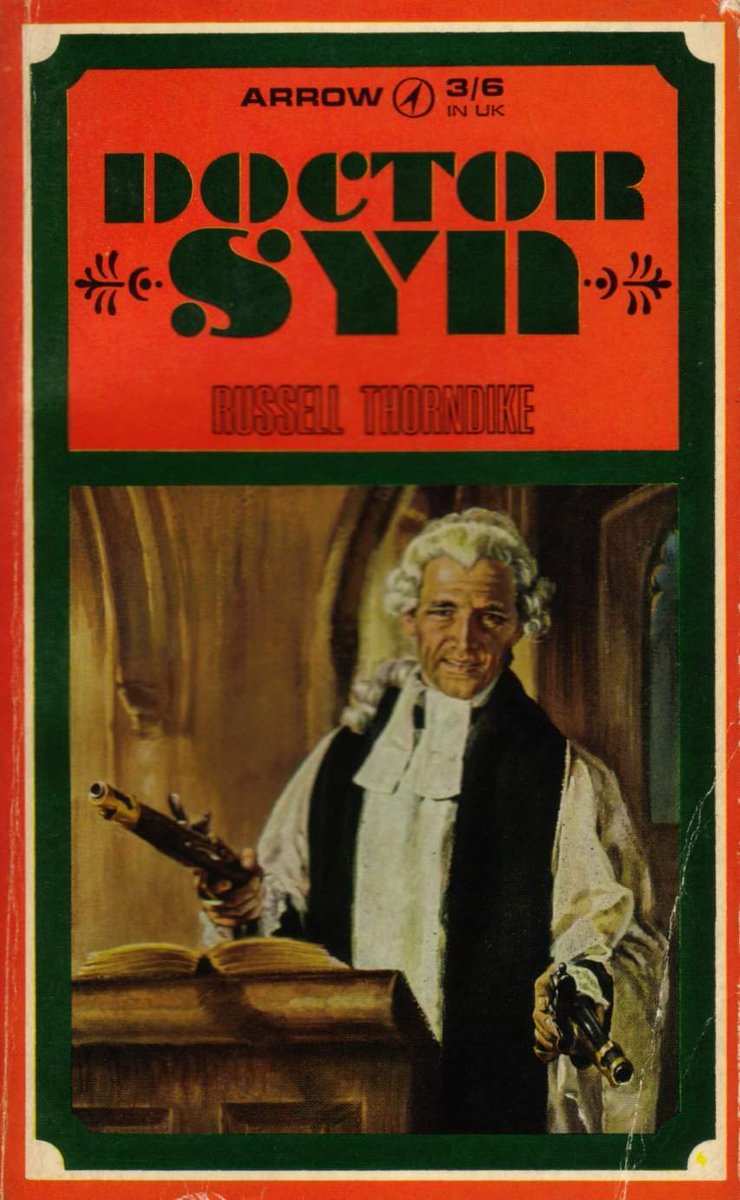Today in pulp I ask the question: in the War Of The Worlds what do the Martians actually want with Earth?
It's a fascinating question... #ThursdayThoughts
It's a fascinating question... #ThursdayThoughts

The War Of The Worlds is an important novel: one of the most influential science fiction novels ever written and one of the earliest to envision what alien life would be like and how it might interact with us. 
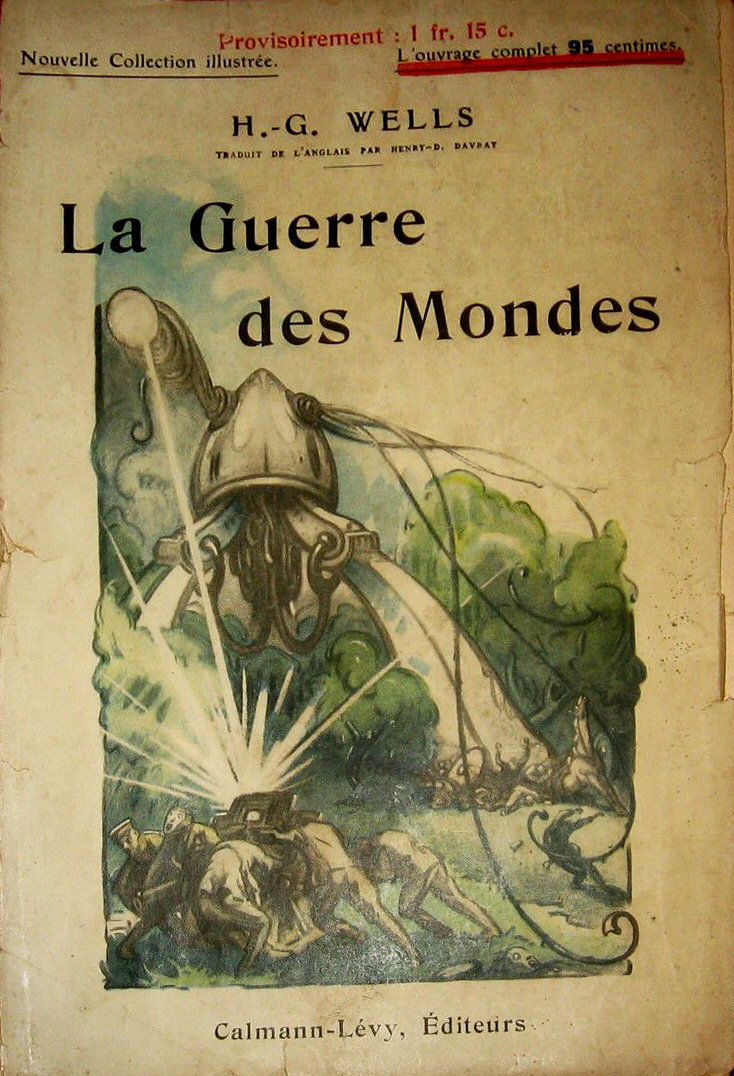
The novel was serialized in Pearson's Magazine in the UK, and Cosmopolitan magazine on the US, in 1897. It was first published in hardback form the following year. 
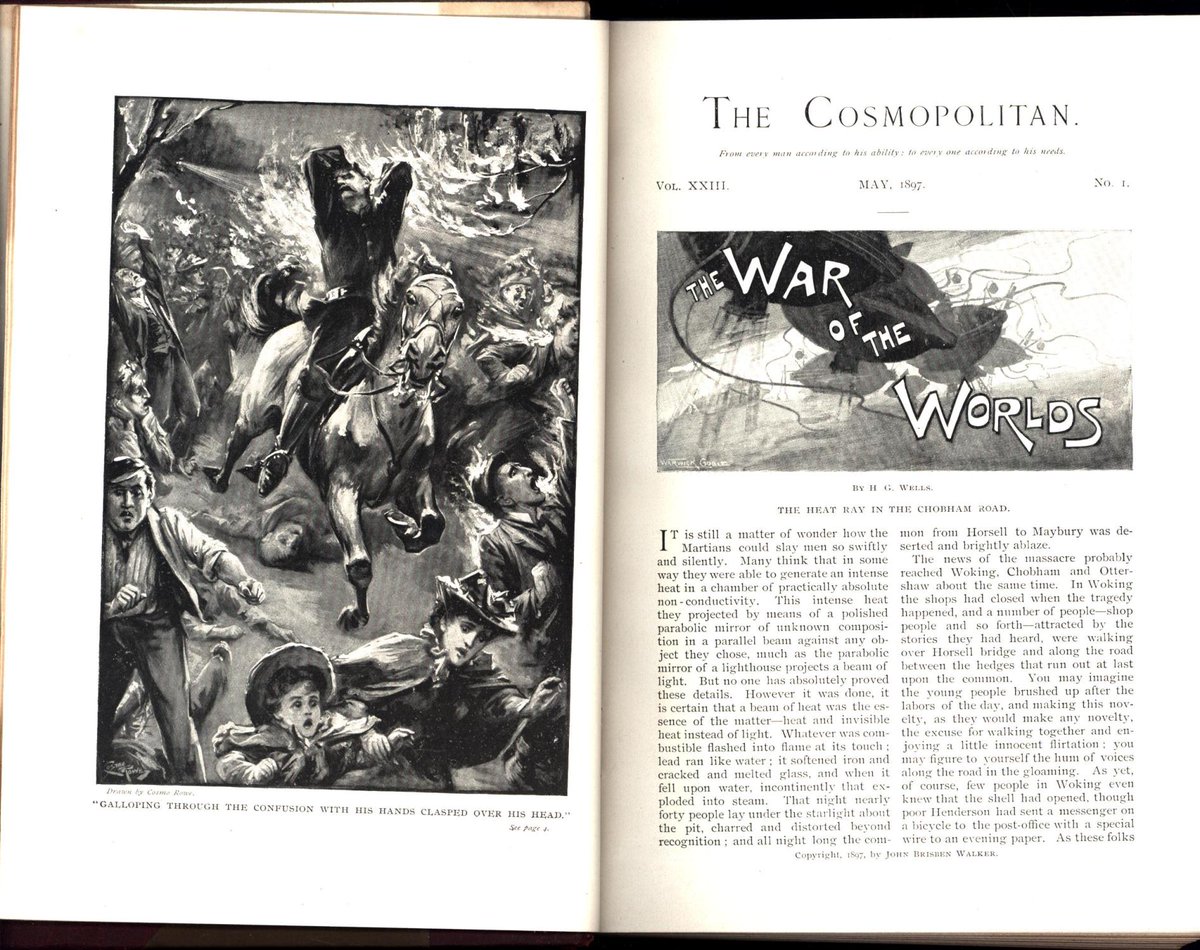
The story is written in an episodic, journalistic style. The unnamed narrator reports clearly on what he sees as the Martian invasion progresses: who, what, when, where and how. Yet he does not specify or reflect on why. And that is a great mystery. 
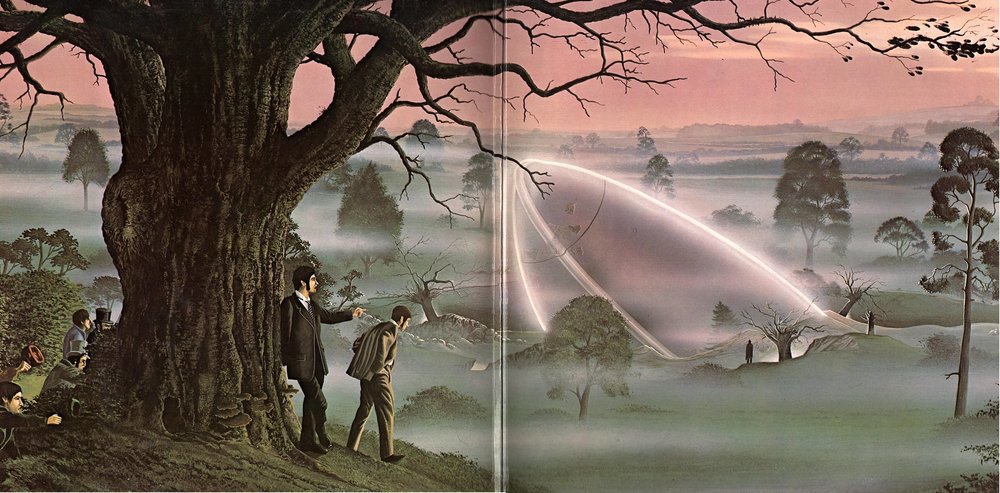
The only clue we have to the Martian intentions comes in the opening paragraph: "intellects vast and cool and unsympathetic, regarded this Earth with envious eyes, and slowly and surely drew their plans against us." From this fragment of intent all things seem to flow. 
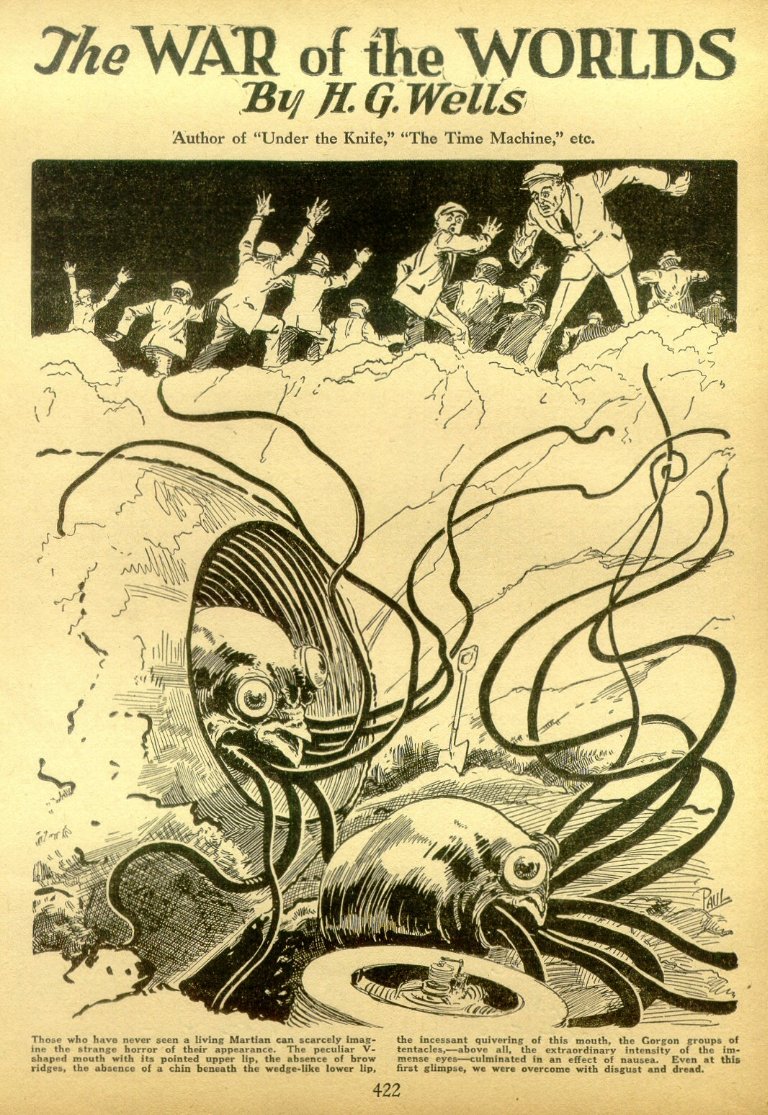
H.G Wells said that the story arose from a discussion with his brother about the catastrophic effect of the British prescence in Australia on indigenous Tasmanians. What would happen, he wondered, if Martians did to Britain what the British had done to the Tasmanians? 
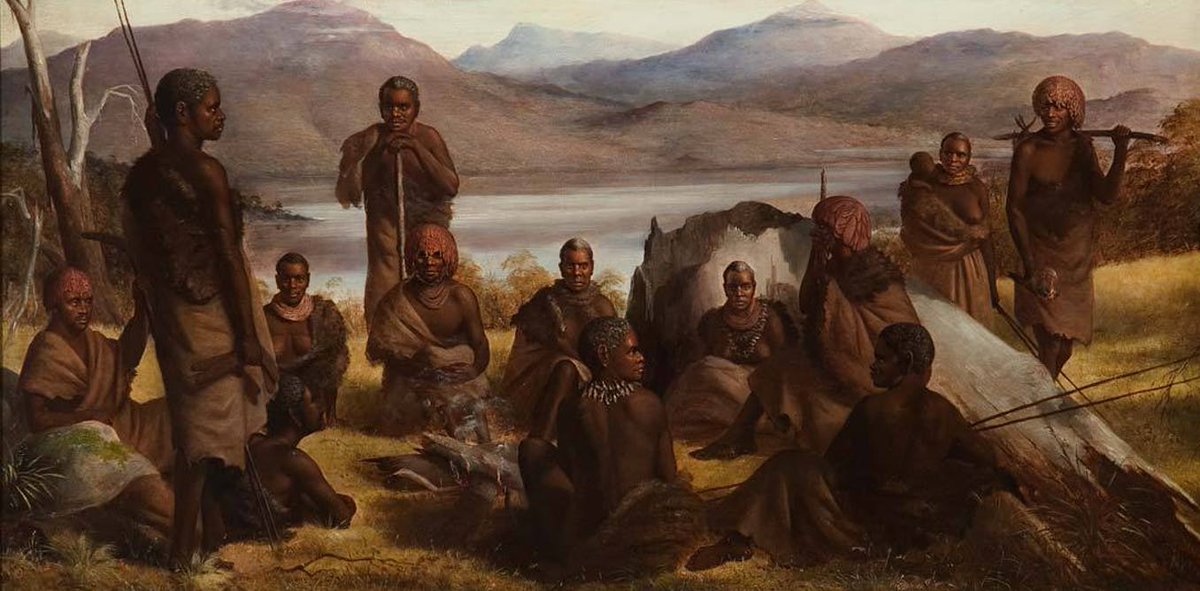
So in one way we can see War Of The Worlds as a thought-piece on colonialism, reframed as a science fiction story. But that explanation misses something... 

Unlike Heart Of Darkness, War Of The Worlds provides no commentary on imperialism or exploitation. It is a straight-up adventure story, laced with dystopian themes. The cruel efficiency of advanced industrial warfare is in the foreground, not the moral horrors of colonialism. 

The fear of industrial warfare was a growing theme in literature at the turn of the last century. The belief that it was inevitable, that Great Powers must fight and that war would decimate the home front, was a powerful one. 

The Great War in England in 1897 by William Le Queux, and The Yellow Wave by Kenneth Mackay (both published in 1895) both labour the point: nationalism and industrialisation will lead inevitably to war on an unimaginable scale. 


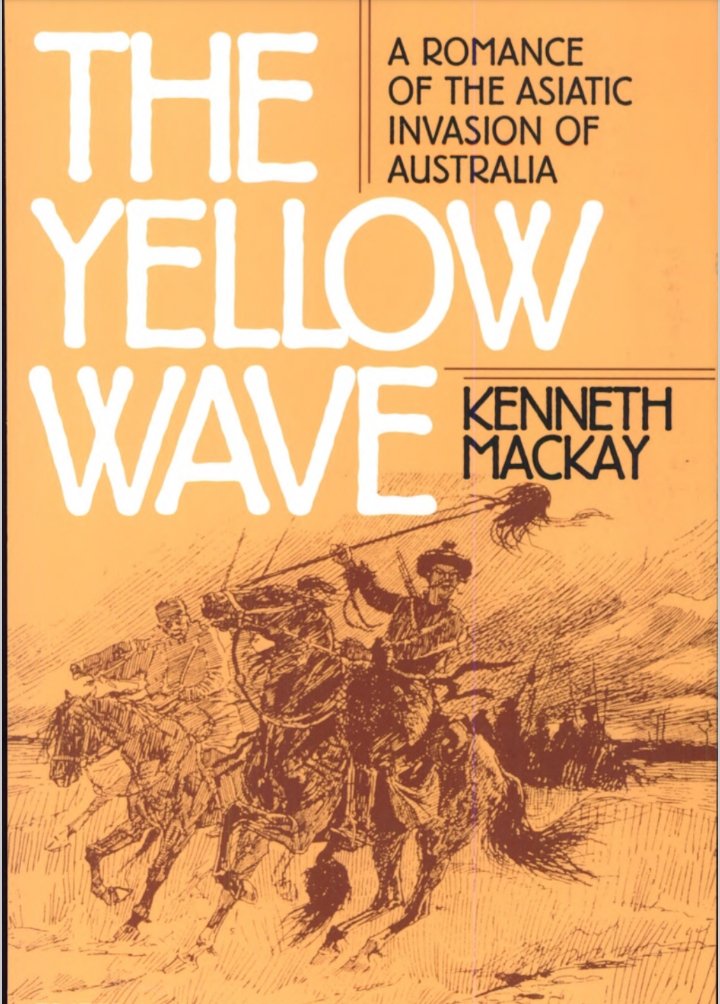
But again, if this is the case where is the commentary? Where is the moral heart of War Of The Worlds? Does a clue lies in Wells's own scientific beliefs, particularly around evolution... 
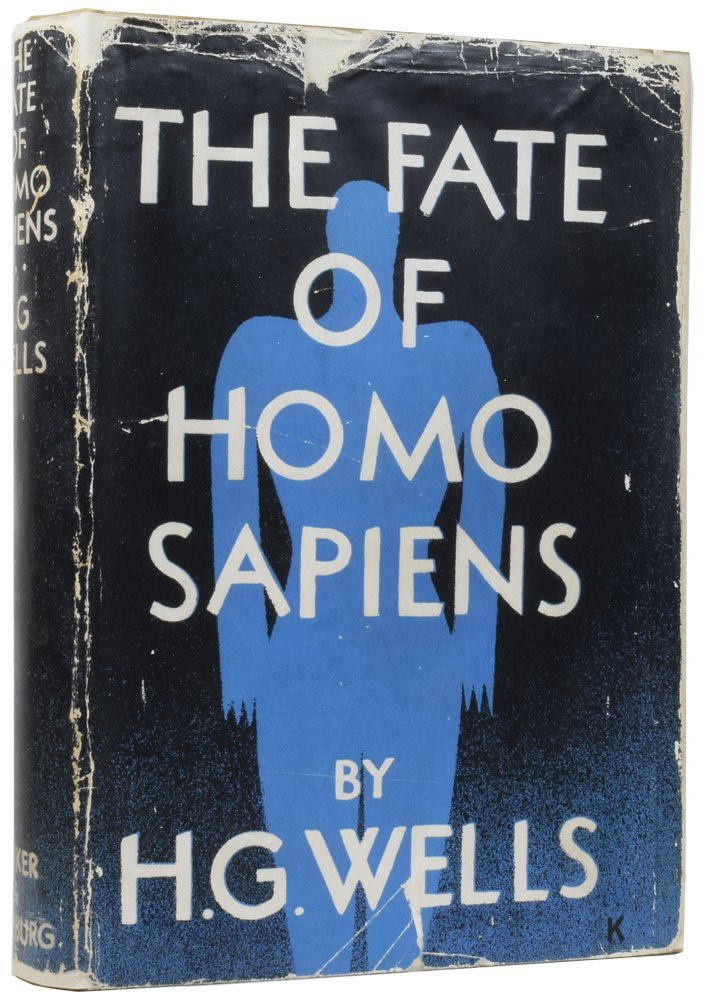
Wells's views on eugenics are well known: he wrote about the degeneration of humanity and toyed with the ideas of social biology. What drove him to this was a belief in a technocratic future - a World Government - where nationalism, superstition and degeneracy were expunged. 
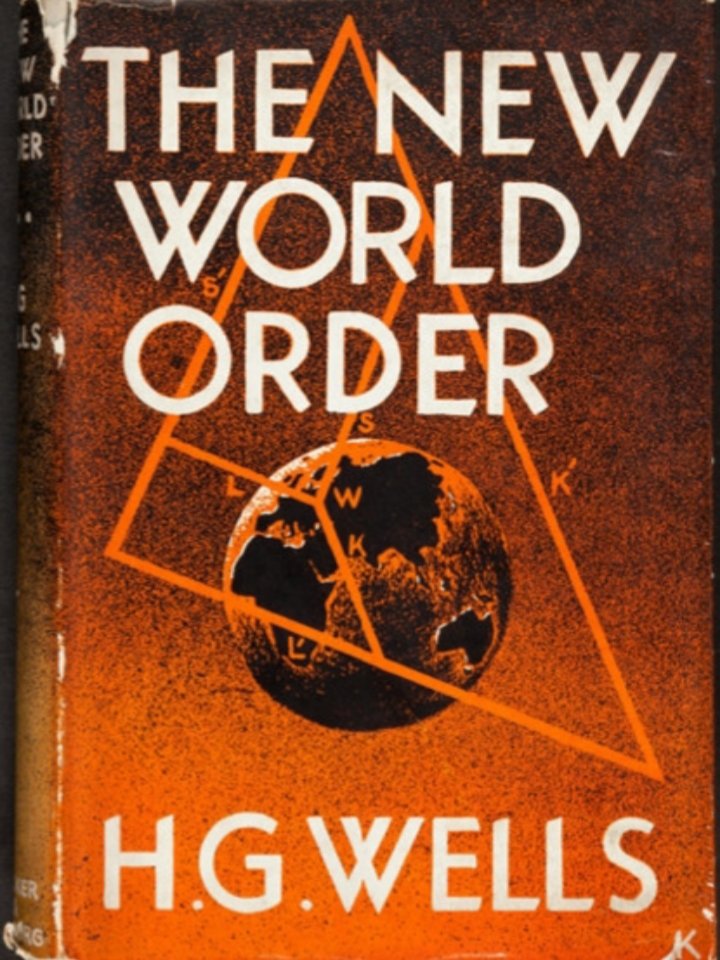
So is War Of The Worlds a story of science and eugenics? Have the Martians invaded Earth because Wells believes any intelligent being would lack sympathy with primitive Humanity? The opening paragraph of the story suggests so. 
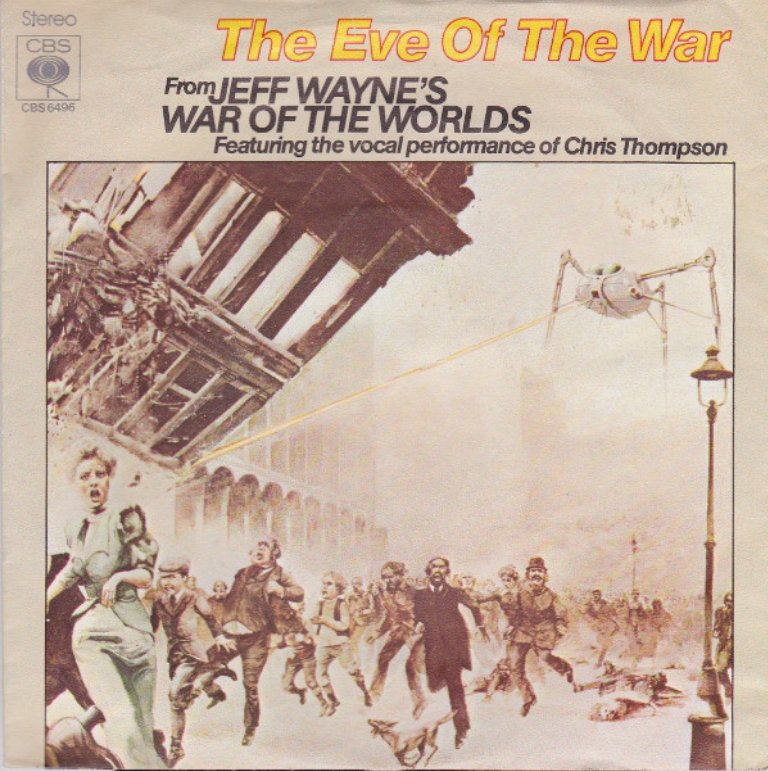
But again we are confronted with the fact that the novel makes no comment on the Martian intention. Whilst it's tempting to speculate 'what Wells really means' from a study of his beliefs and the society he lived in, we must still judge the story by what it says... 
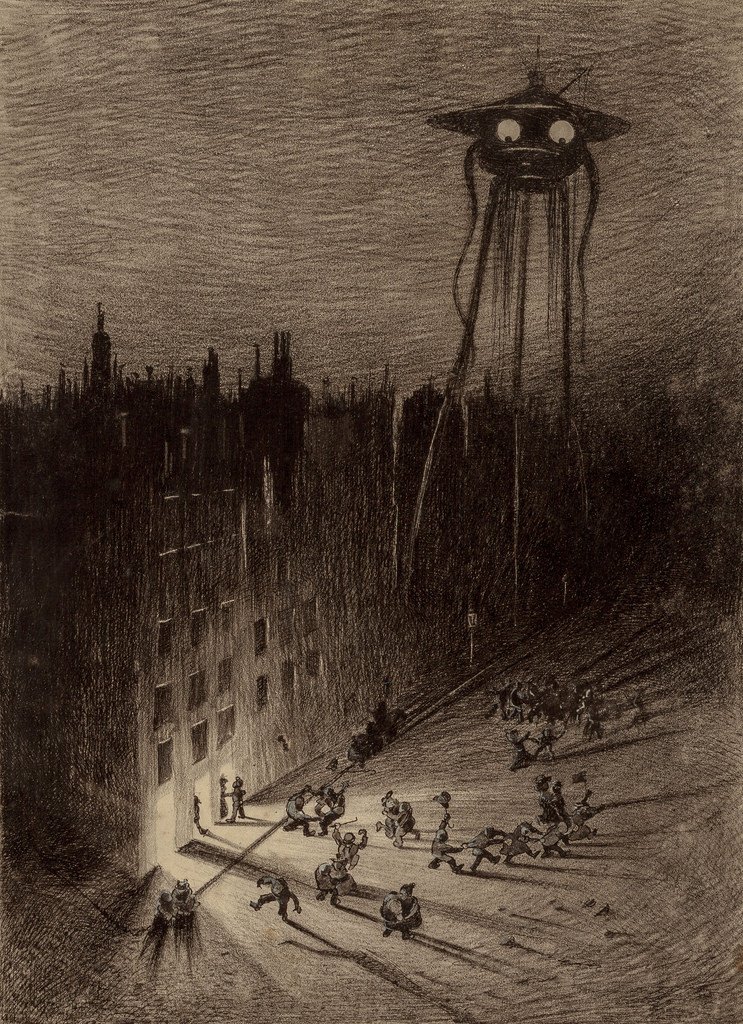
...or rather from what it deliberately does not say. Wells is a careful and accurate writer and in this book he deliberately withholds saying things that he has clearly thought about. One example of this is in his description of the Martian war machines. 

The war machines and the handling machines used to build them are described in great detail by Wells: levers and tentacles, but no pistons or gears. He doesn't state it, but it is clear - the Martians have no use for the wheel. Their technology is as alien as their physiology. 
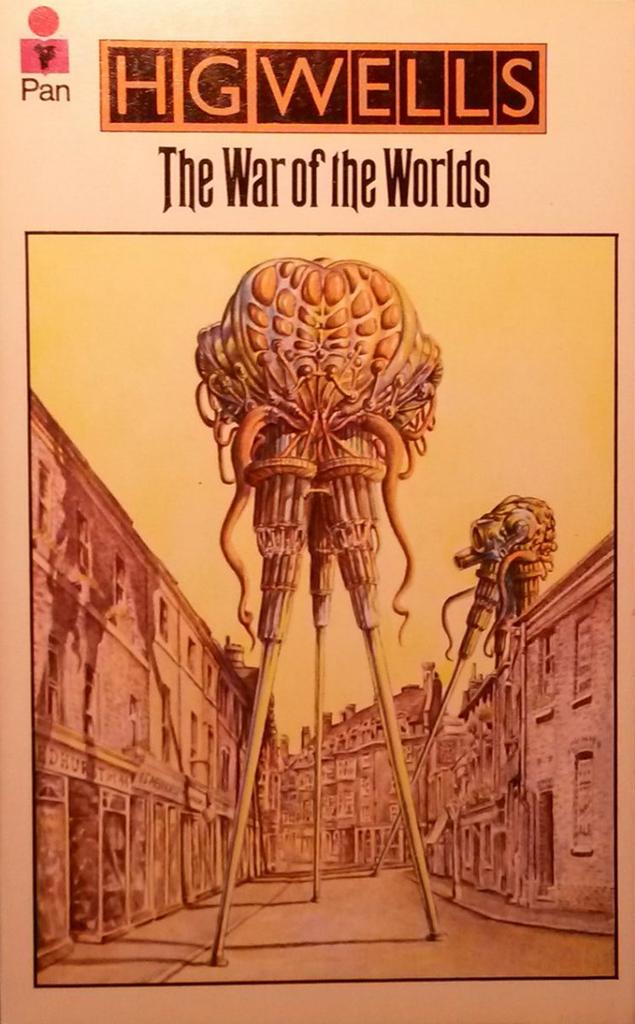
And this - I think - gives us a clue as to why Wells perhaps withholds the motivation of the Martians from us. It is more horrifying to do so. They are beyond our comprehension, true aliens to ourselves. 
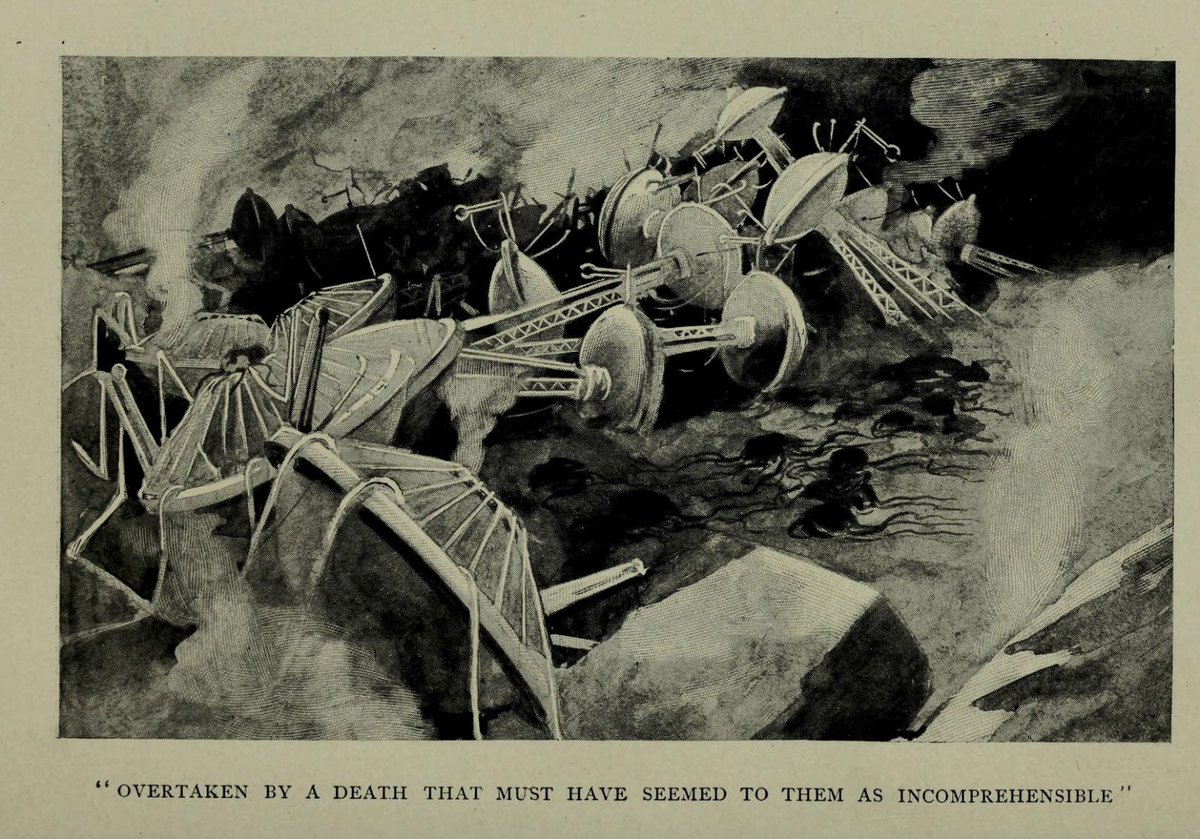
Eldritch horror concerns the otherworldly and uncanny. It is a staple of weird fiction, and the unknowable-ness of the eldritch foe is used to heighten the sense of horror as we confront it. It's a powerful technique. 

Brian Aldiss believed that science fiction was characteristically cast in the Gothic or post-Gothic mode. For Aldiss Mary Shelly's Frankenstein was pivotal to the birth of sci-fi and still maintains an imprimatur on the genre. I think Wells tries to stay true to this in the book. 
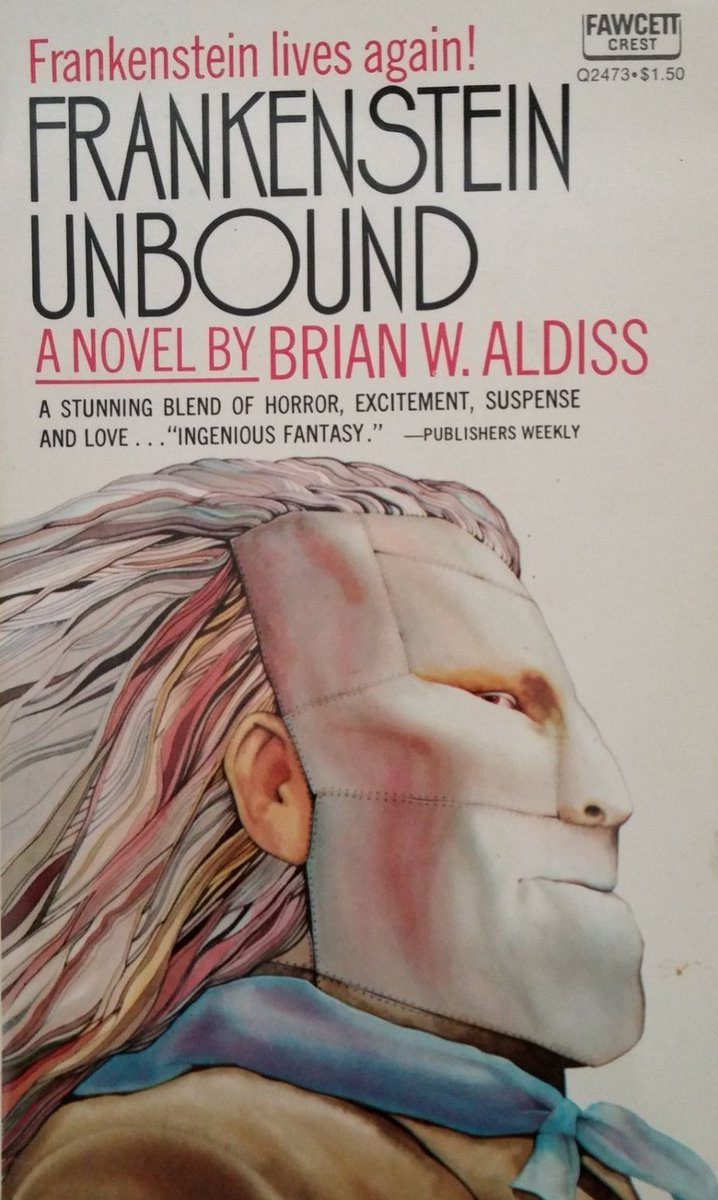
We never truly know why the Martians come to Earth or what they themselves think about life or war. All we see us the result. In the end we are left guessing as to the why of it. For me that's one of the reasons Wells's story stands the test of time.
What are the chances...
What are the chances...

• • •
Missing some Tweet in this thread? You can try to
force a refresh


